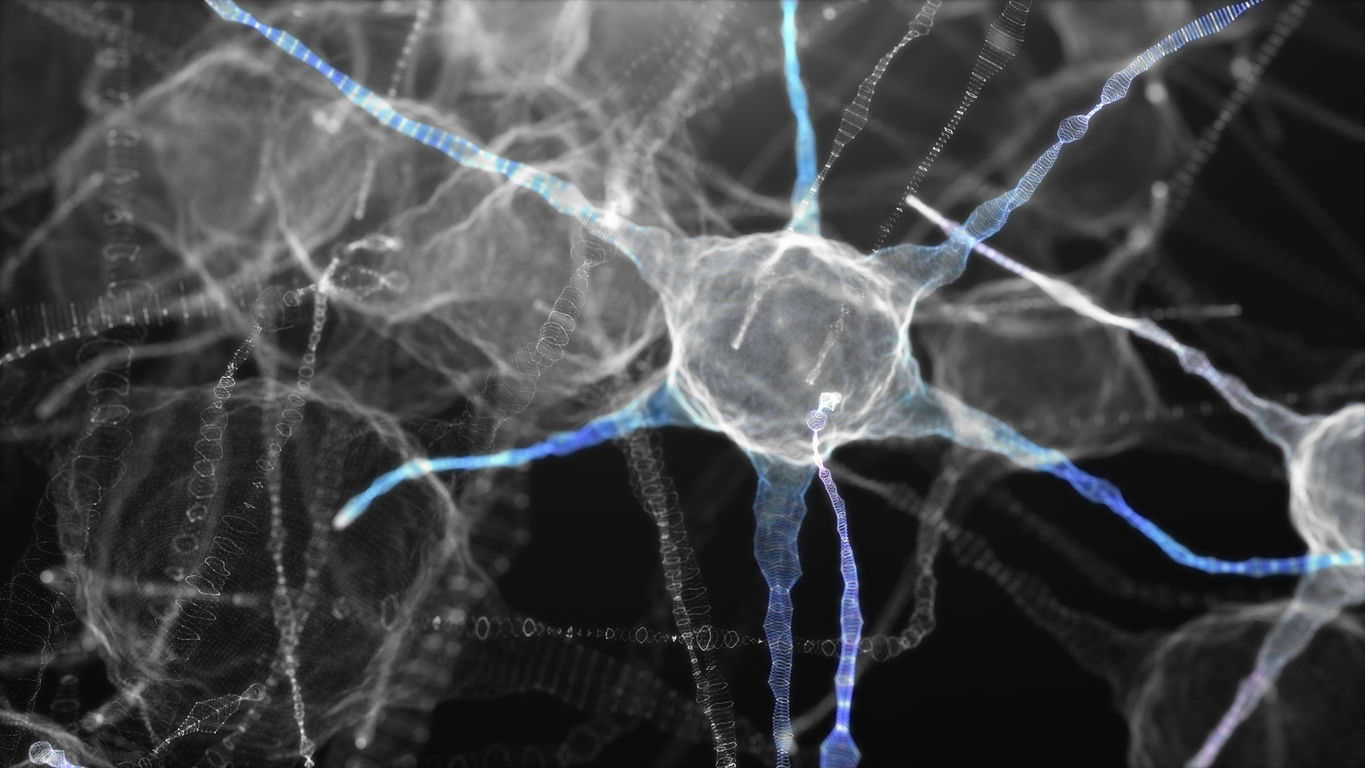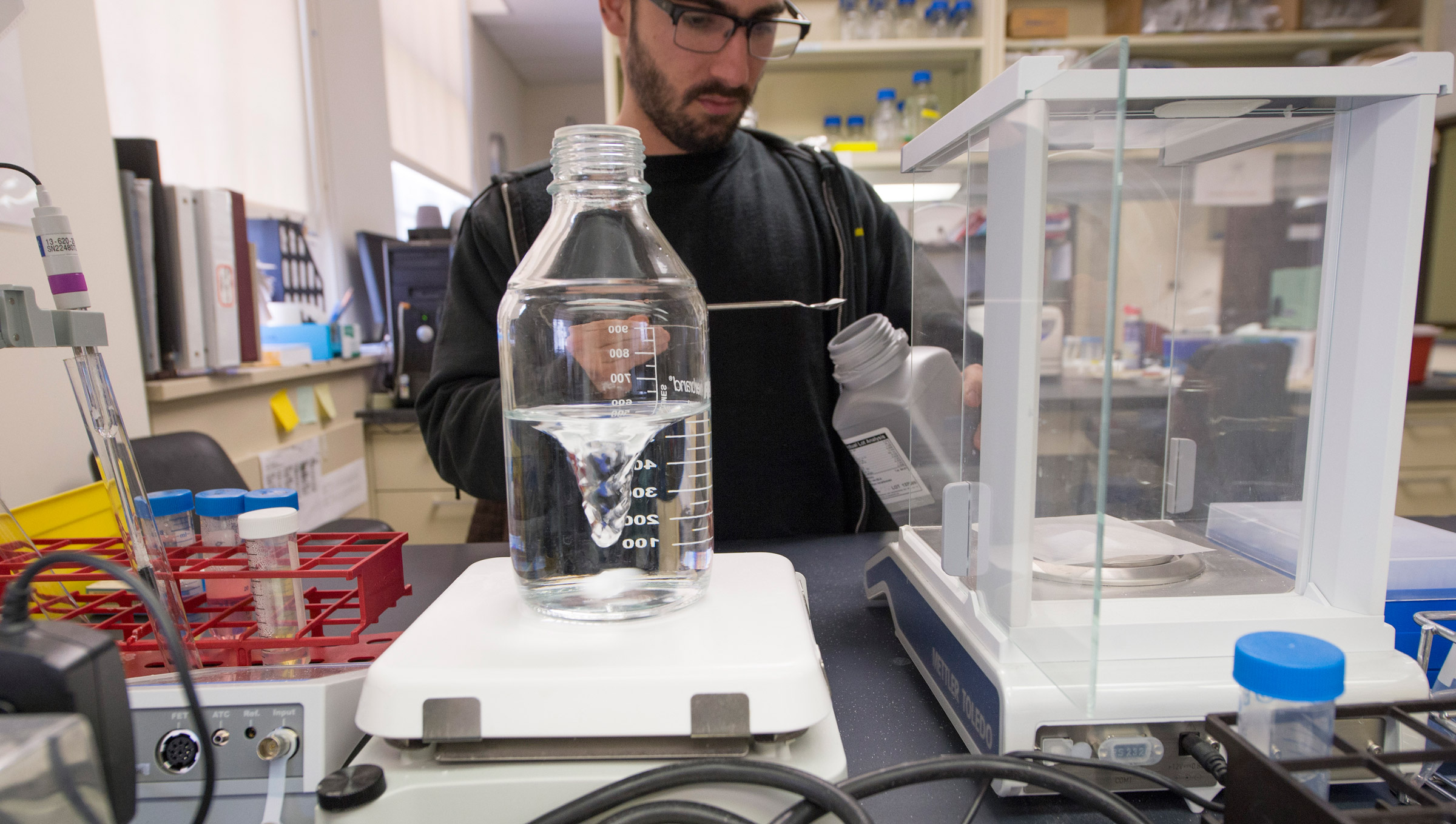The Neuroscience major provides students with a unique set of skills and knowledge that are essential for analyzing and interpreting complex neural mechanisms of the human brain.
Students will gain expertise in research, critical thinking, and data analysis, which are crucial skills in academia and industry. The interdisciplinary nature of the major also means that students will be equipped with a broad knowledge base that can be applied to a wide range of fields. By completing the NSCI major, students will be prepared to tackle the most pressing questions in neuroscience and make significant contributions to the field.
WHEN YOU GRADUATE, YOU WILL KNOW:
1. FUNDAMENTAL NEUROSCIENCE CONCEPTS
a) Basics of neuroanatomy and neurophysiology.
b) Basics of neuronal communication, including synapses, neurotransmitters, and action potentials.
c) Basics of systems neuroscience.
2. BEHAVIORAL NEUROSCIENCE
a) The relationship between brain function and behavior.
3. BASICS OF PERCEPTION, MEMORY, AND COGNITION
a) Gene expression, protein synthesis, and signal transduction.
b) Understand the molecular mechanisms underlying neural development, plasticity, and disease.
4. CELLULAR AND MOLECULAR NEUROSCIENCE
5. RESEARCH METHODS
a) Be proficient in various neuroscience research techniques, such as electrophysiology, and molecular biology.
b) Know how to design and conduct experiments, collect and analyze data, and draw valid conclusions.
6. STATISTICAL AND DATA ANALYSIS SKILLS
a) Possess the ability to use statistical methods to analyze experimental data.
b) Interpret research findings and draw scientifically sound conclusions.
7. CRITICAL THINKING AND PROBLEM-SOLVING
a) Develop critical thinking skills to assess and critique scientific literature.